Rational Criticism
-
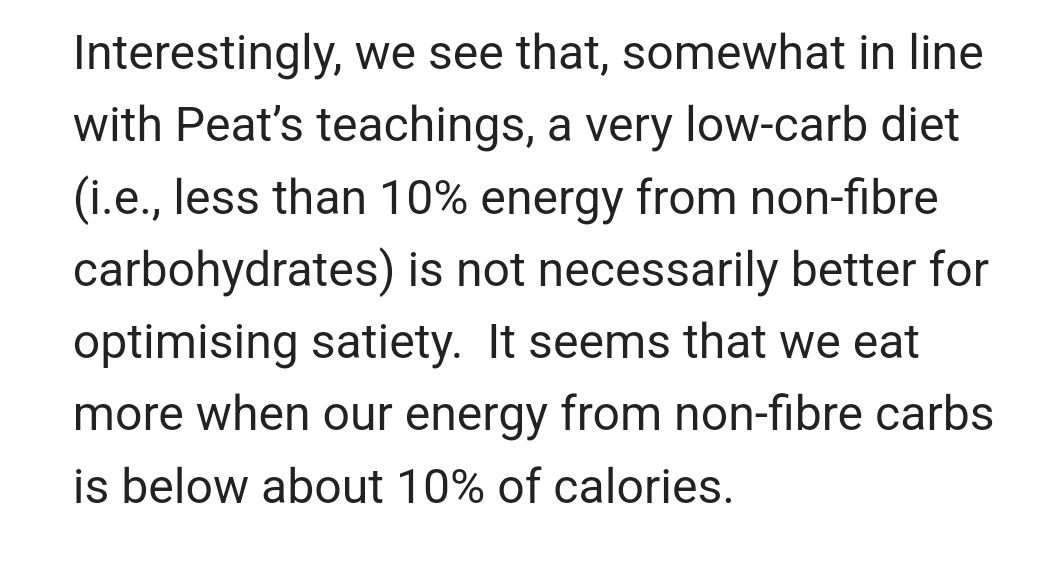
-
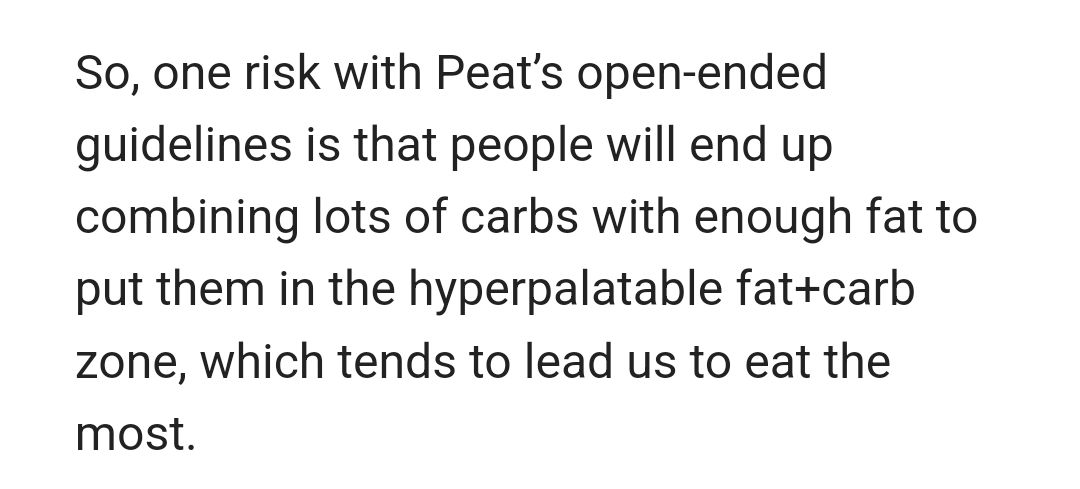
-
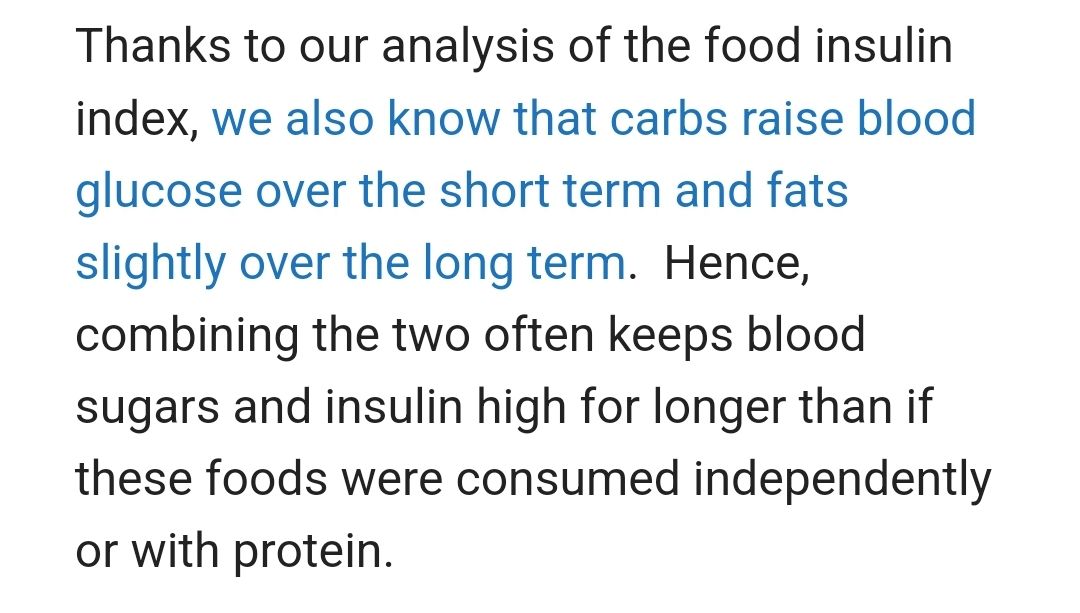
-
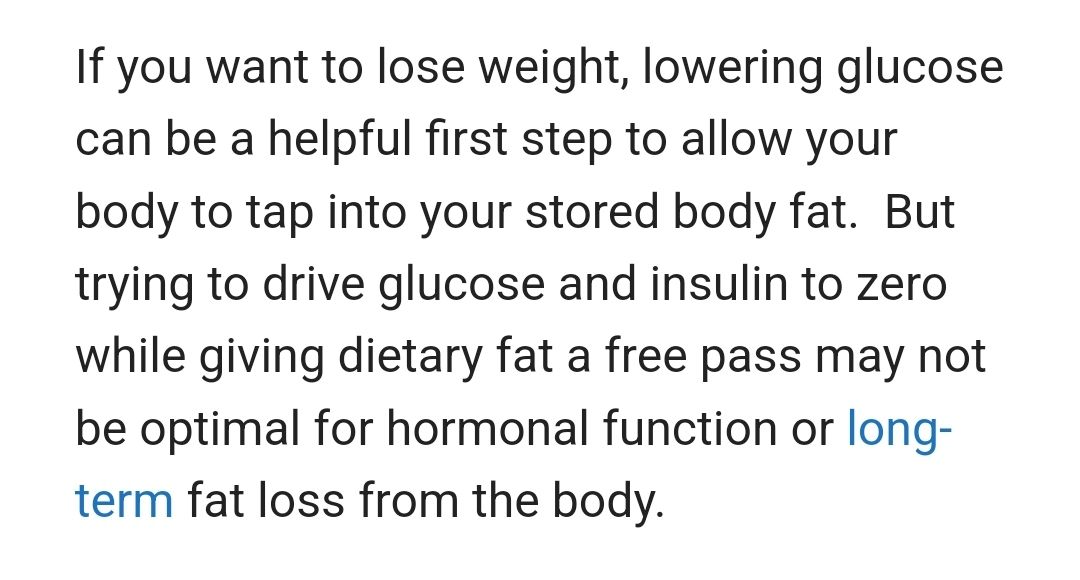
-
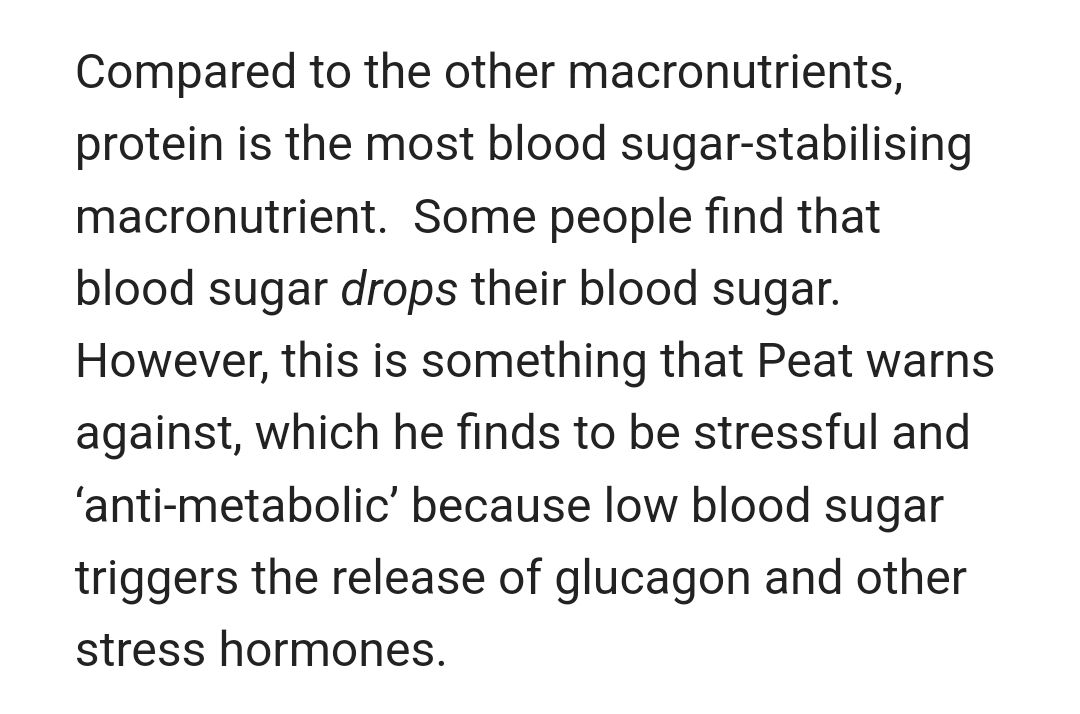
-
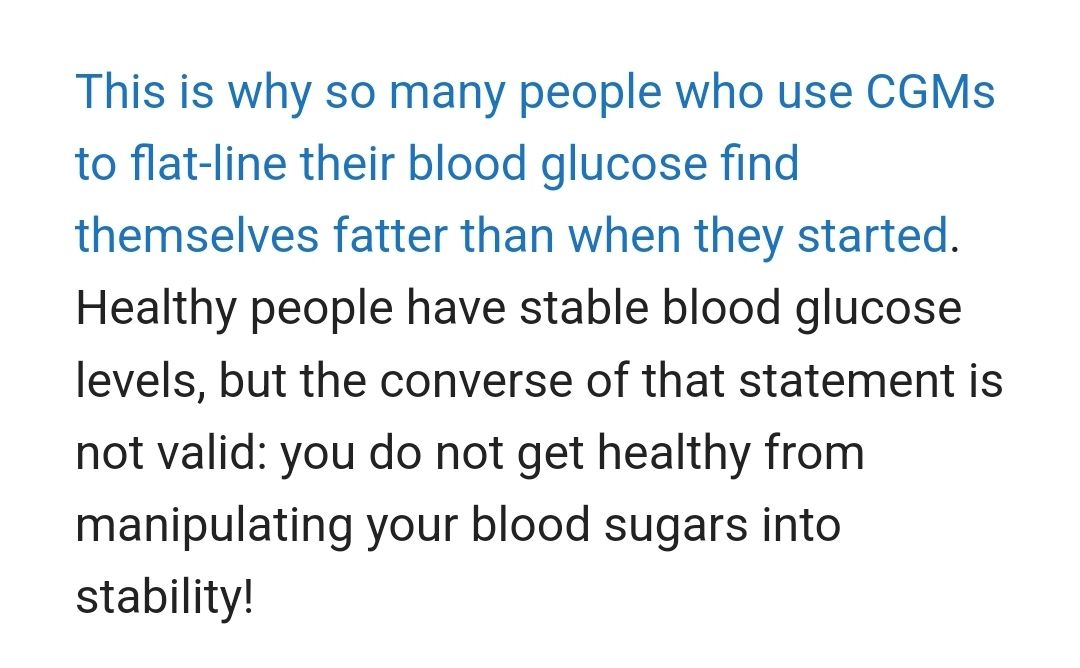
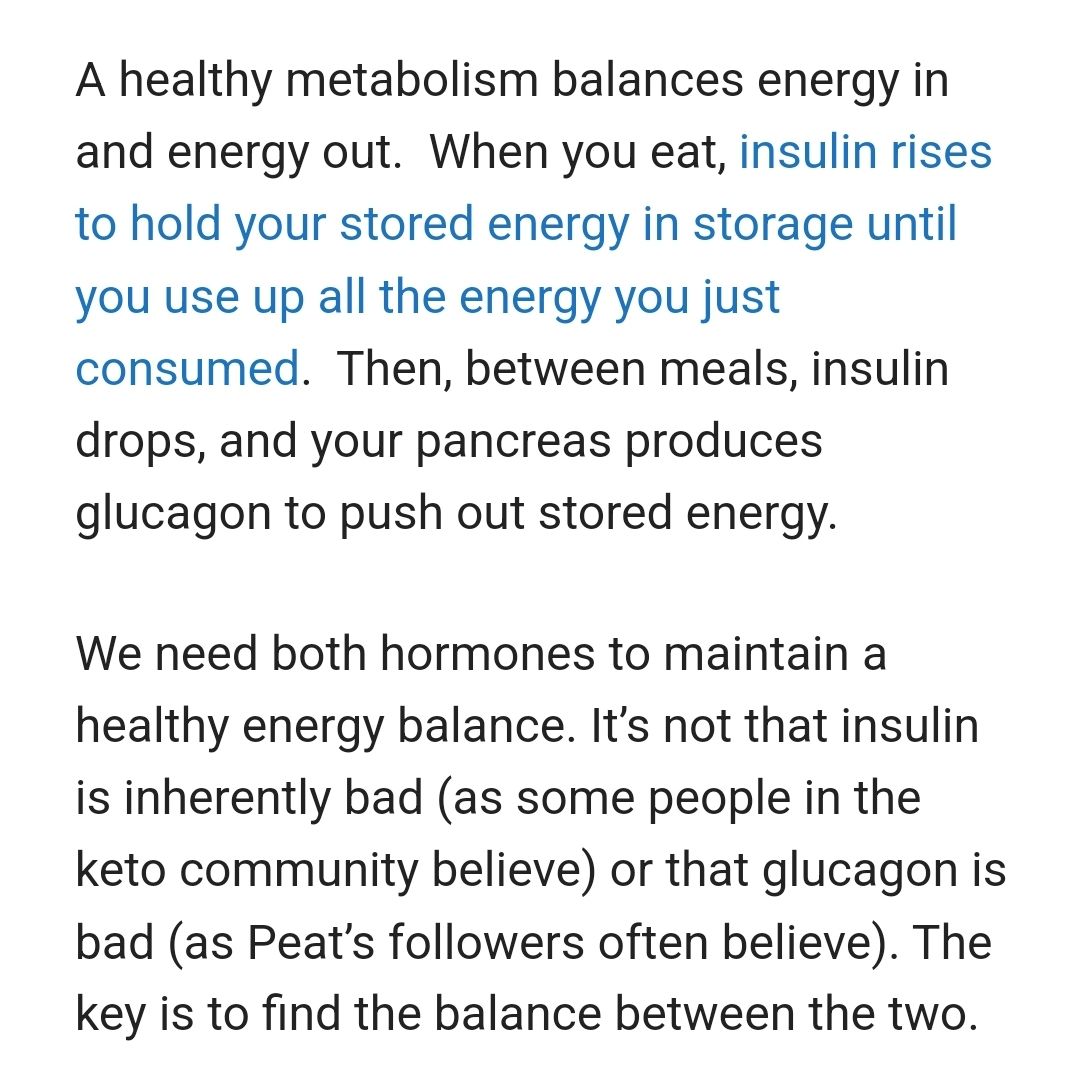
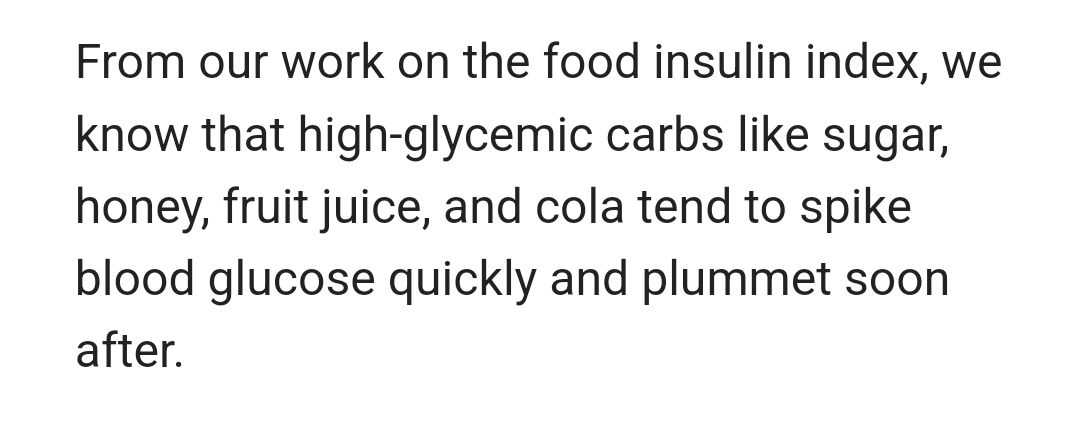
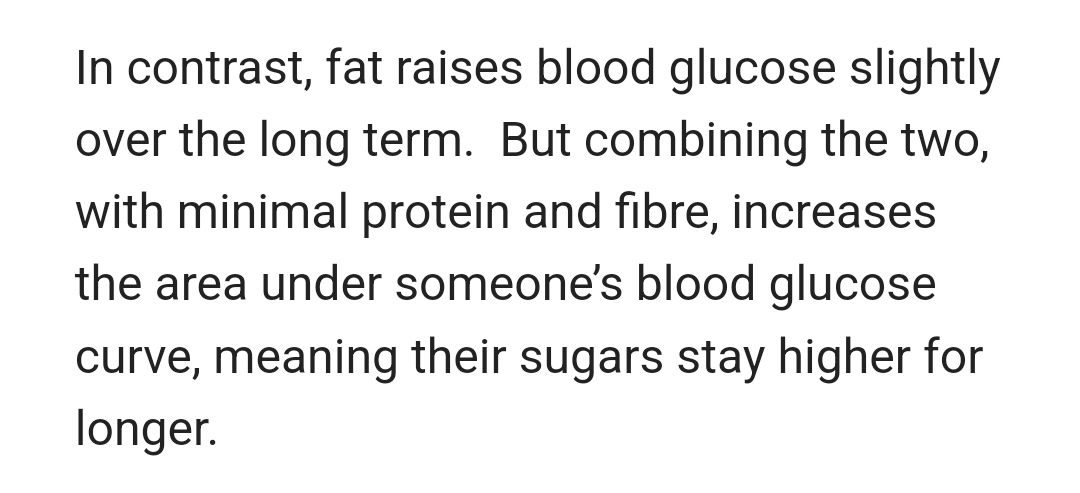
-
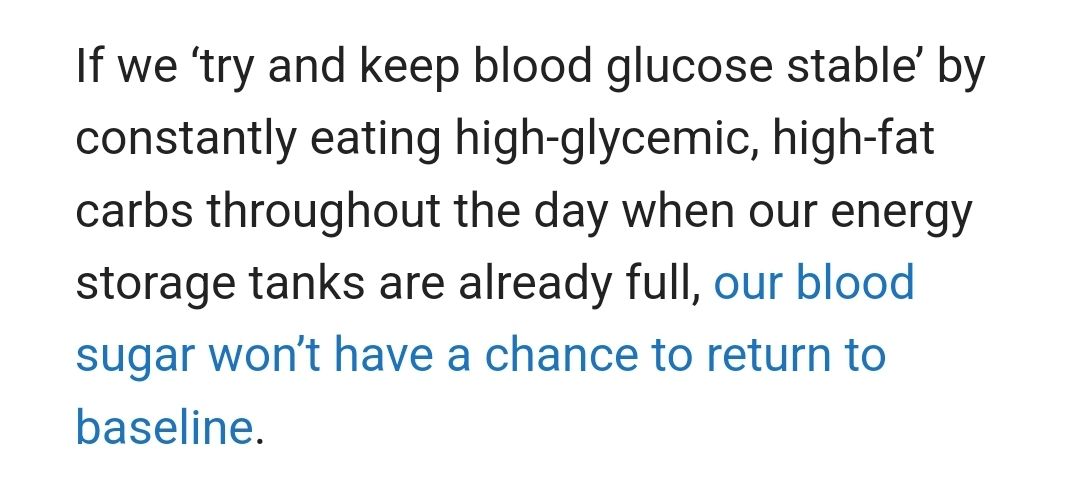


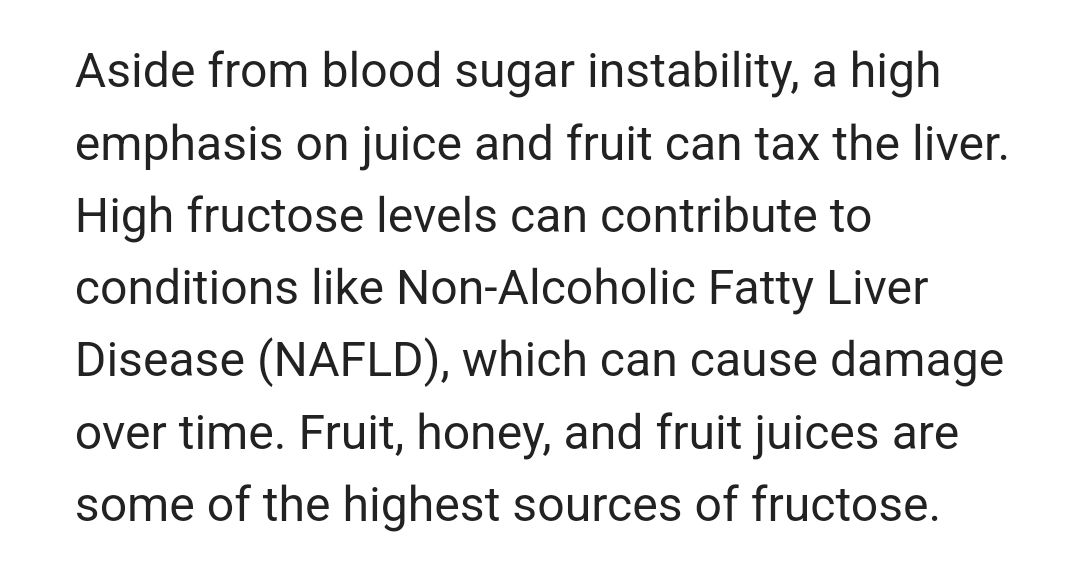
-
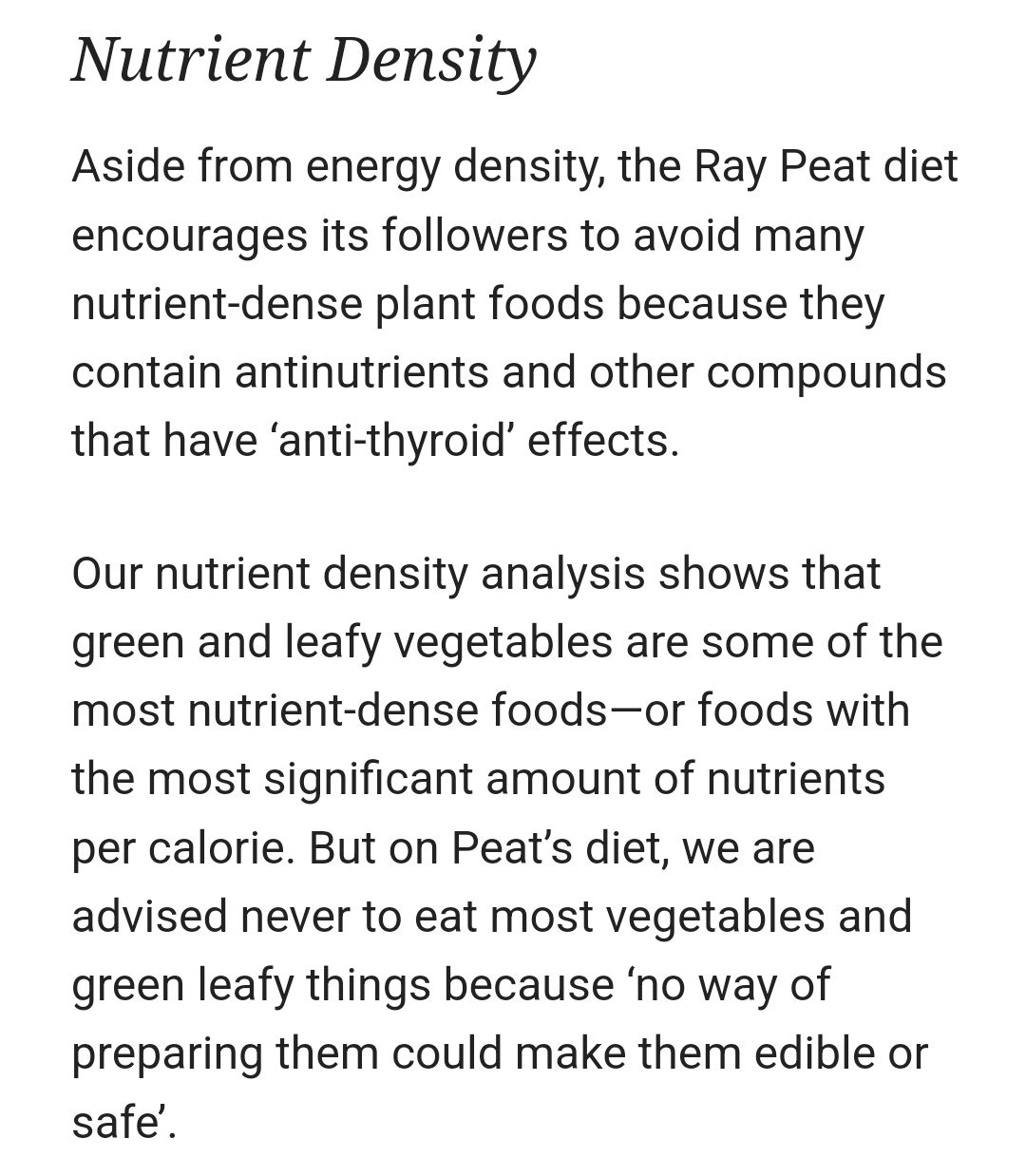
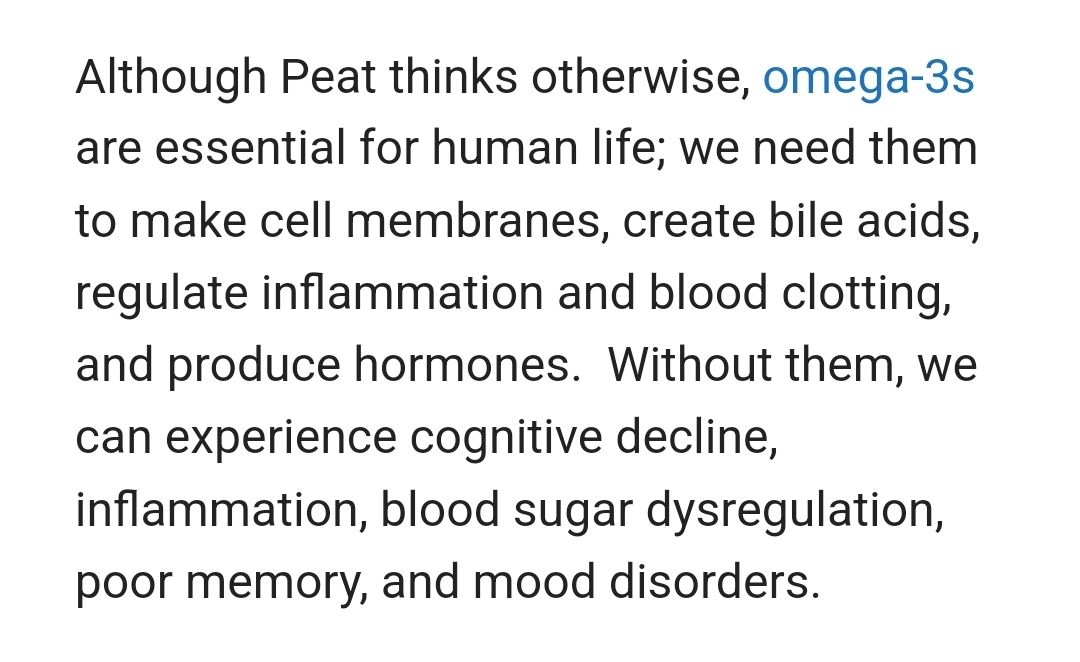
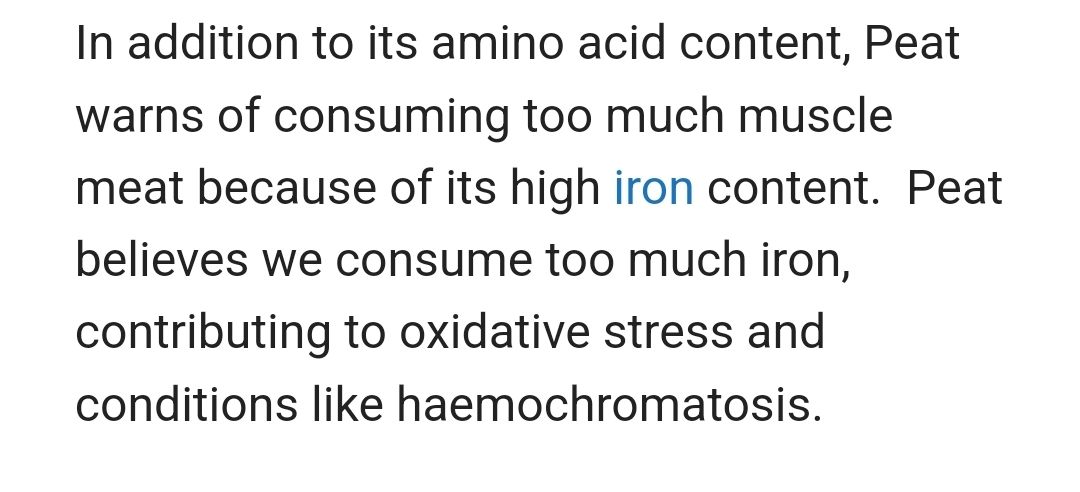
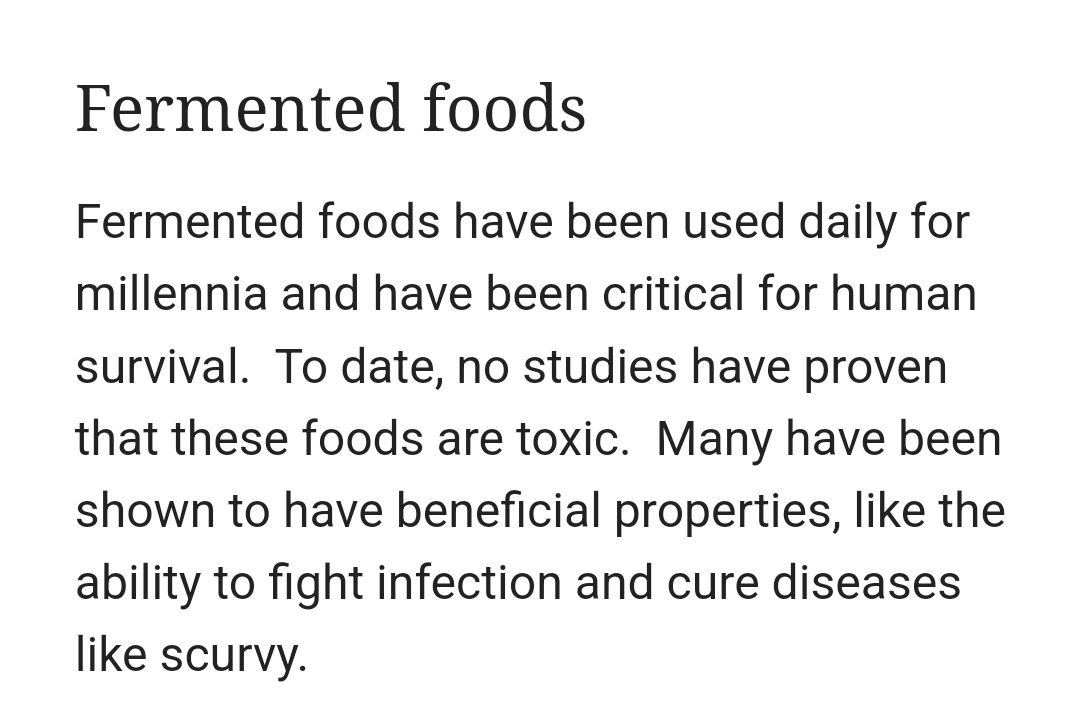
-
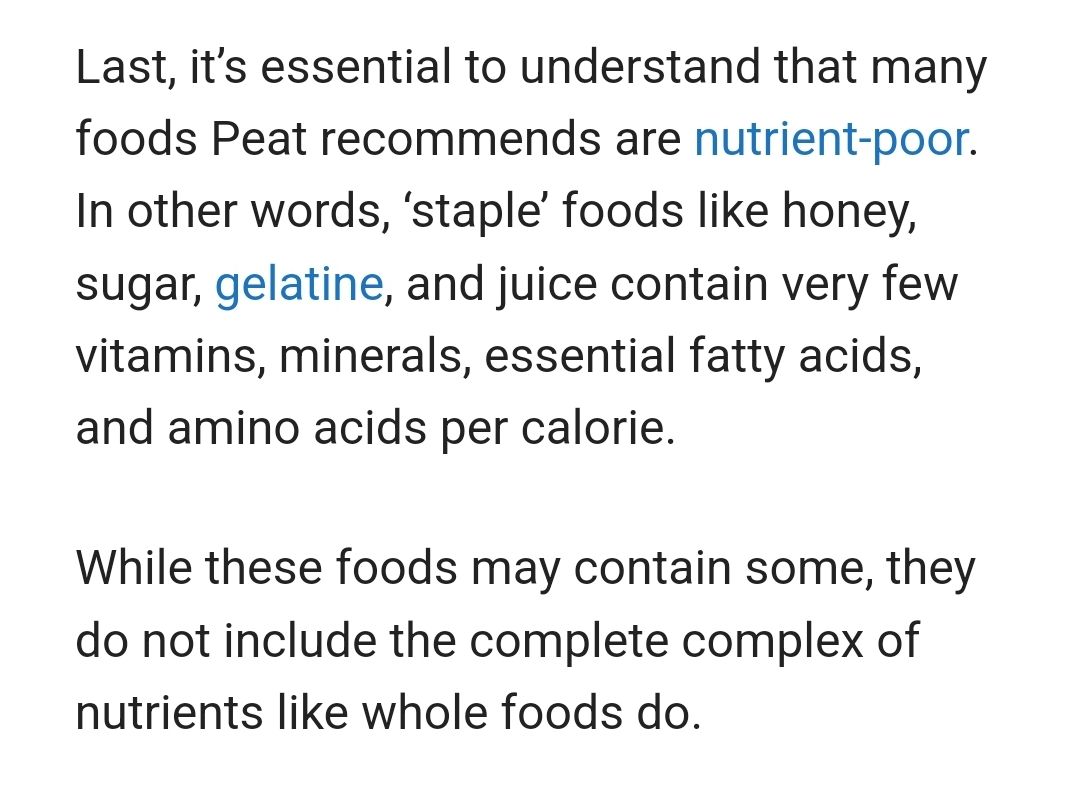
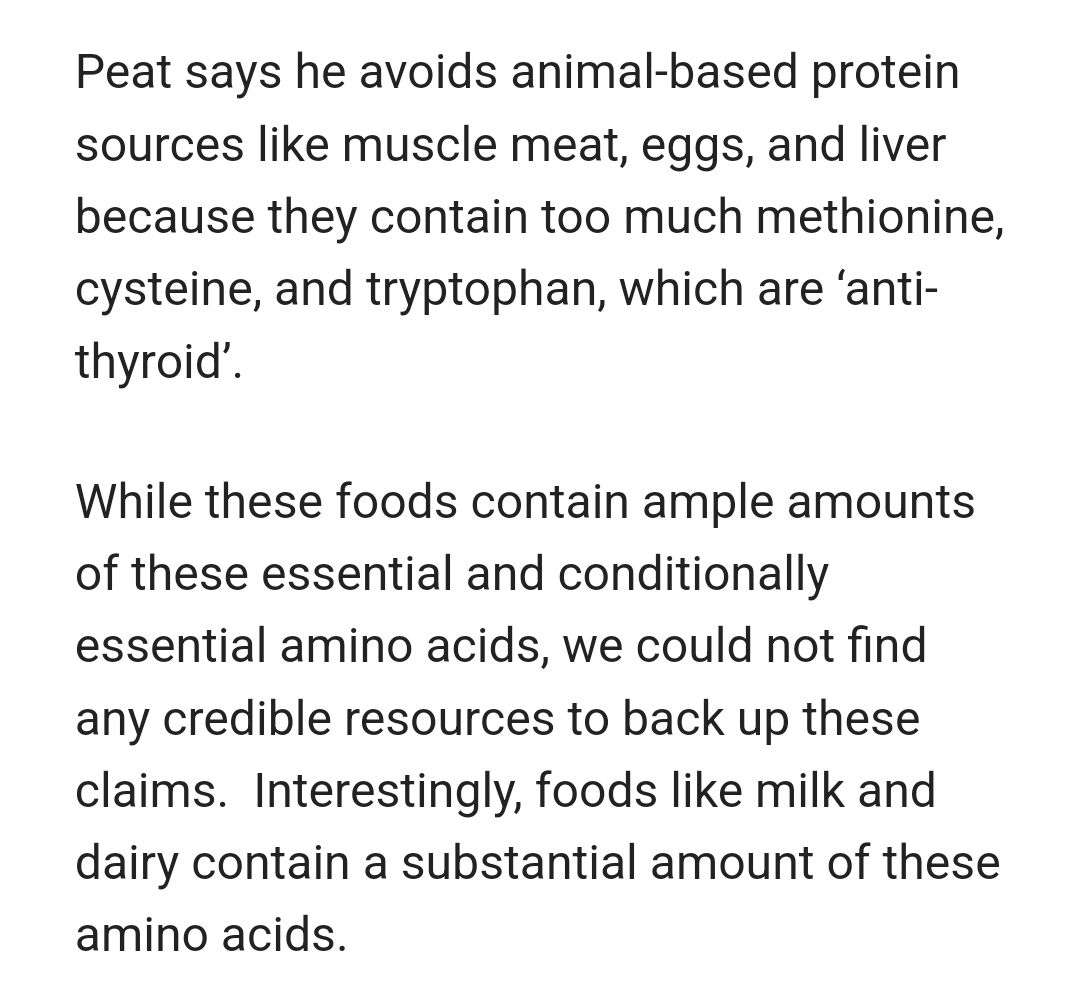

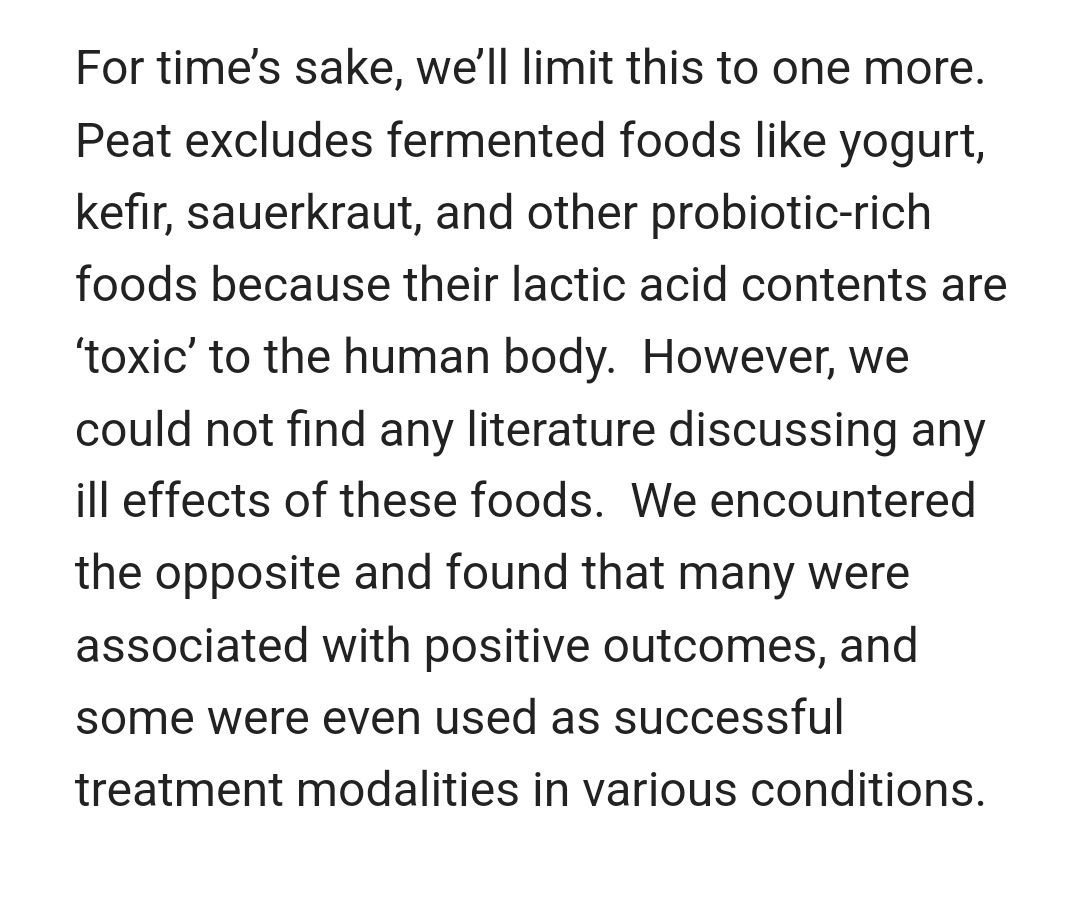
-
That was a lot of mis-truth’s
Mostly 1/2 truth's
Which are usually the things that trip people up and send them in the wrong directionIm not responding to each quote
Because honestly
The article and it’s author
It has no depthIt’s dogma / clickbait vs understanding
Even a broken clock is always right twice a day
-
Damn. I know plenty the screenshots jumped out at me as straw-men, or misrepresentations of Peat. It's not like Peat said "never eat nuts," or "apples are bad." I'm sure he had his preferences and thinking on many types of food.
As @Peatful said it is quite a bit of dogma/clickbait.
But it just confirms the basic assumption that there exists a Ray Peat diet, which everyone will deny. Ok, it isn't a diet, it's an approach to food. It appears to me Ray saw food as medicine. I would say he saw food as medicine because he was able to see so many health problems being caused by food. "Dose determines the poison" is the wisdom of Paracelsus but I'm sure Peat was keen on this, as he was seeing his now famous Peaty foods as offering restorative properties to a diseased / stressed / malnourished culture.
-
This post is deleted! -
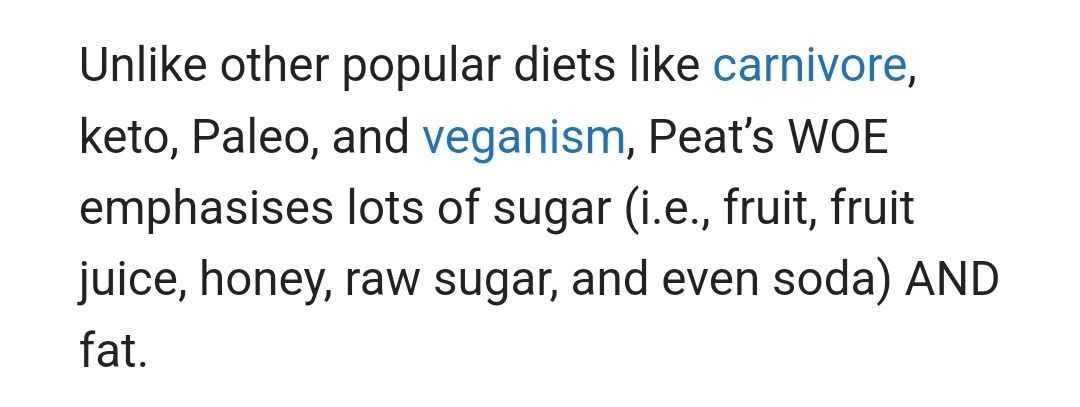
When did Peat ever put fat in equivalent weight as carbs in a putative "Peat Diet?" I say putative because Peat vehemently denies there is such a thing as a Ray Peat diet in an email exchange I had with him. Yet it can't be helped when the tendency of most people is to categorize in pigeon boxes than to deal with the nuance of nutrition customized to the situational context of each individual.
-
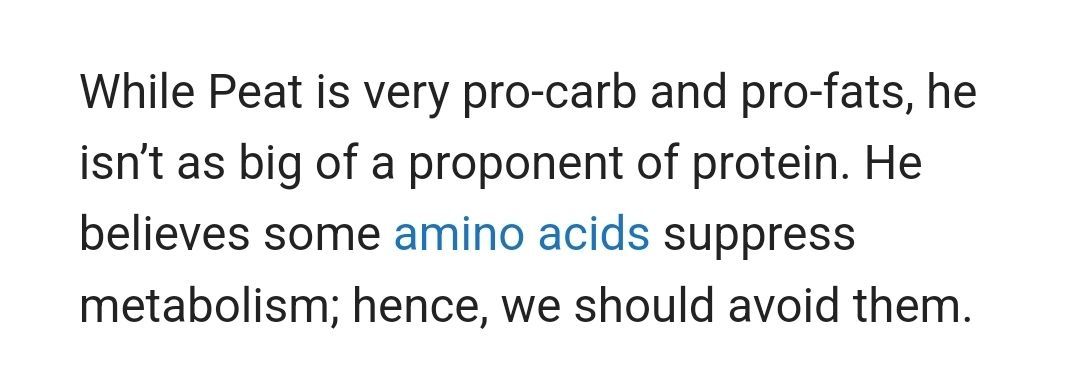
Ray is pro carbs, but not as pro fats as he is pro carbs. He is pro sat fats and monounsaturated fats, but all manners of PUFAs are a big no no for him. He isn't very fond of starch , especially from grains, as he sees grains as coming from seeds, and seeds contain allergens or anti-nutrients that are the grain's way of protecting itself from being eaten too readily, as a means of survival by grain plants.
Still on the subject of starch, he has no objection on potatoes and on around tubers. In fact, he likes potatoes because it contains keto acids, which can be used by the body to convert keto acids with amino acids present in the body to form protein.
For this reason, he has no objection to simple sugar such as sucrose, and even likes Mexican cola for the cane sugar it contains. He also likes fruits for the half glucose and half fructose it contains, as they aid each other in getting absorbed and metabolized by the body.
He certainly prefers the body to burn more sugar than fats, as burning too much fats would leave little room for sugar to be burned mitochondrially, which is more efficient in terms of energy production and which also produces carbon dioxide, which the body needs, such as in maximizing tissue oxygenation (allowing blood to release oxygen to the tissues), as well as in maintaining a stable pH (aka acid base balance) to help the body operate without a lot of stress, which contributes to health and longevity.
His views on protein is dependent on the context of the stage of development of the person. A growing person needs plenty of animal protein that is rich in methionine and cysteine (as well as other essential proteins), as they are much needed for growth. But when a person has matured, and is no longer growing structure, he needs methionine, cysteine, and tryptophan much less, as these amino acids in large quantities, are often involved in creating more stress and aging. Instead, he favors glycine, which is found in gelatin or collagen, which helps preserve the structure in a mature person. He also believes less protein is needed in nutrition for mature individuals, though more is recommended for growth for children and adolescents and growing adults.
-
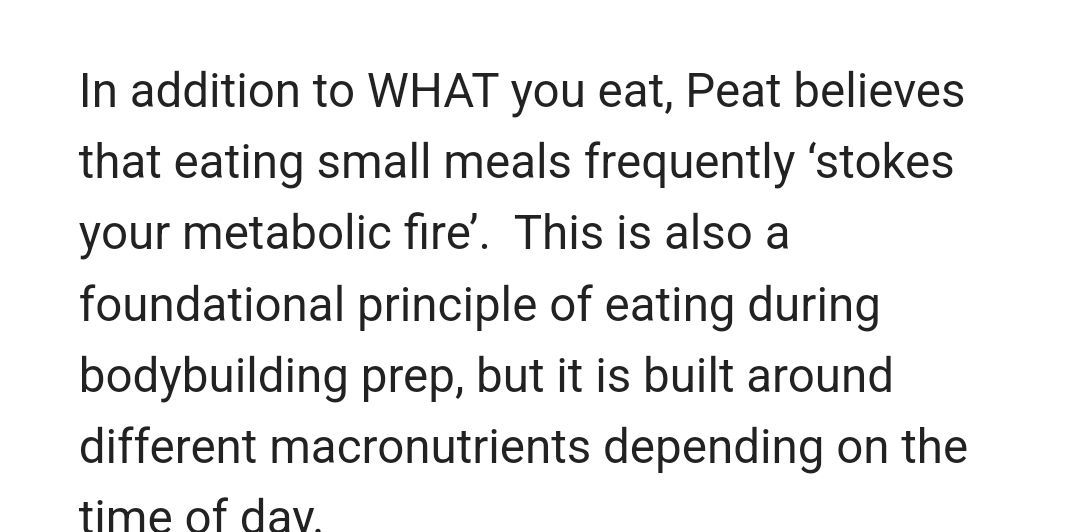
Correct me if I'm wrong, Ray Peat has not ever taught that grazing is for everyone. His advice to be contextual in approaching solutions would never have him advising frequent small meals throughout the day for everyone.
-

Ray understands the danger of taking too much vitamins, and in the case of liver, he advises eating a serving of liver only once a week. The liver is rich in many nutrients, especially vitamin A, heme iron, and copper.
As far as I know, he has never said of liver being anti-thyroid.
-
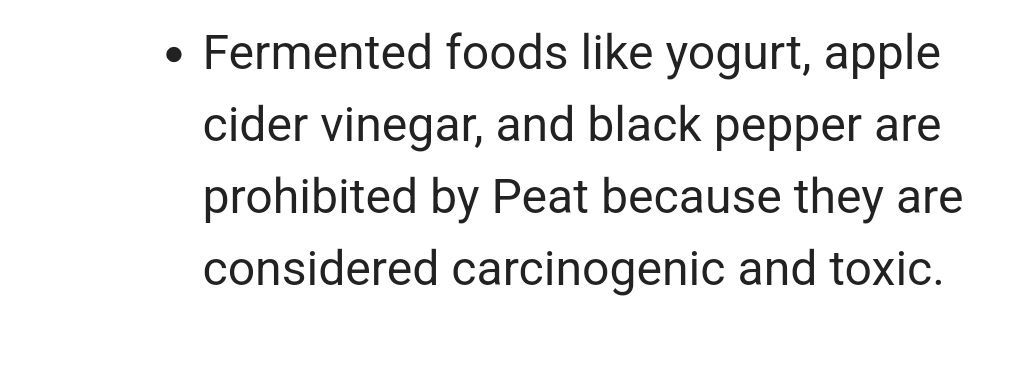
Ray didn't say they are toxic and carcinogenic. His objection is that fermented foods contain lactic acid. But apple cider vinegar contains malic acid and acetic acid, not lactic acid.
-
True. You've done a good job pointing out tons of fallacies or inaccuracies I didn't quite see "grazing" the article as it were.
My thinking is it's okay for Peat to be a little gate-kept and fairly obscure. Like with so many other things, people only learn if they want to. I am not a biochemist or someone who grasps the ins and outs of nutrition very well, however, I found Peat iirc through researching aspirin, sugar, saturated fat, and other things, probably twitter-ers tipped me off too, which is good assuming anyone else can research these things.
-
This one is egregious too, because fish oil is known to be harmful and a fraudulent industry now, in addition to the fisherman / omega-6 study Peat wrote about.
Like so many things in this culture, the truth is the opposite of what is said. Some pufa won't kill us, but we should avoid it. Common wisdom is we should eat pufa, and avoiding it may kill us!
-
I can hardly fault the author if I were to treat him like myself when I started my journey into knowing Peat. To fully grasp his ideas, one simply cannot treat it like a book report you rush thru a weekend of research. Ray doesn't have a Reader's Digest version, and I doubt anyone can write one either if a prerequisite to writing one involves reading and understanding everything he has written like one would do in going through a 7yr pHD program. But no such program exists.